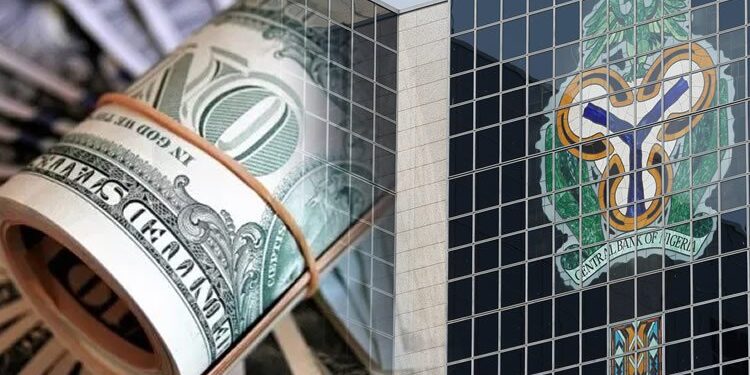The Central Bank of Nigeria (CBN) has been urged to steer its monetary policy in a way that better supports Nigeria’s real economy, including sectors like manufacturing and agriculture.
Dr. Muda Yusuf, Chief Executive Officer of the Centre for the Promotion of Private Enterprise (CPPE), voiced this need during a recent Networking and Breakfast Meeting organized by the Association of Corporate Treasurers of Nigeria (ACTN) in Lagos.
Yusuf raised concerns that the current monetary policy favors speculative investors who benefit from high-yielding fixed-income assets like Treasury Bills, rather than supporting businesses in production sectors.
He argued that with interest rates soaring above 32 percent, it’s increasingly challenging for manufacturers and agricultural businesses to operate sustainably, especially given the ongoing currency depreciation since the CBN’s shift to orthodox monetary policy in 2023.
“The current policy being adopted by CBN seems to penalise people who are in production, which is counterproductive. Some investments in bonds and treasury bills are tax free while tax people are busy chasing manufacturers all over the places,” he stated.
Yusuf explained that the abrupt move from unconventional to conventional monetary policy has triggered economic disruptions far greater than anticipated. He emphasized the need for the CBN to “fine-tune and recalibrate” its reform strategy.
Yusuf noted, “Today the lending rate has gone up to over 34 percent under the market driven monetary policy. No matter whether you are manufacturing or you are in agriculture or real estate etc. you cannot borrow under the current interest regime and make any sound return on investment.
“Whether you are a manufacturer importing raw materials or a wealthy individual importing a limousine, both of you will be buying foreign exchange (FX) at the same rate. It is debatable if this model is the right thing?”
According to Yusuf, one significant downside of the policy shift is the departure of multinational manufacturing companies and other major corporations grappling with substantial foreign exchange risks.
He warned that without recalibration, this trend could harm Nigeria’s economic foundation and stymie growth in crucial sectors.











